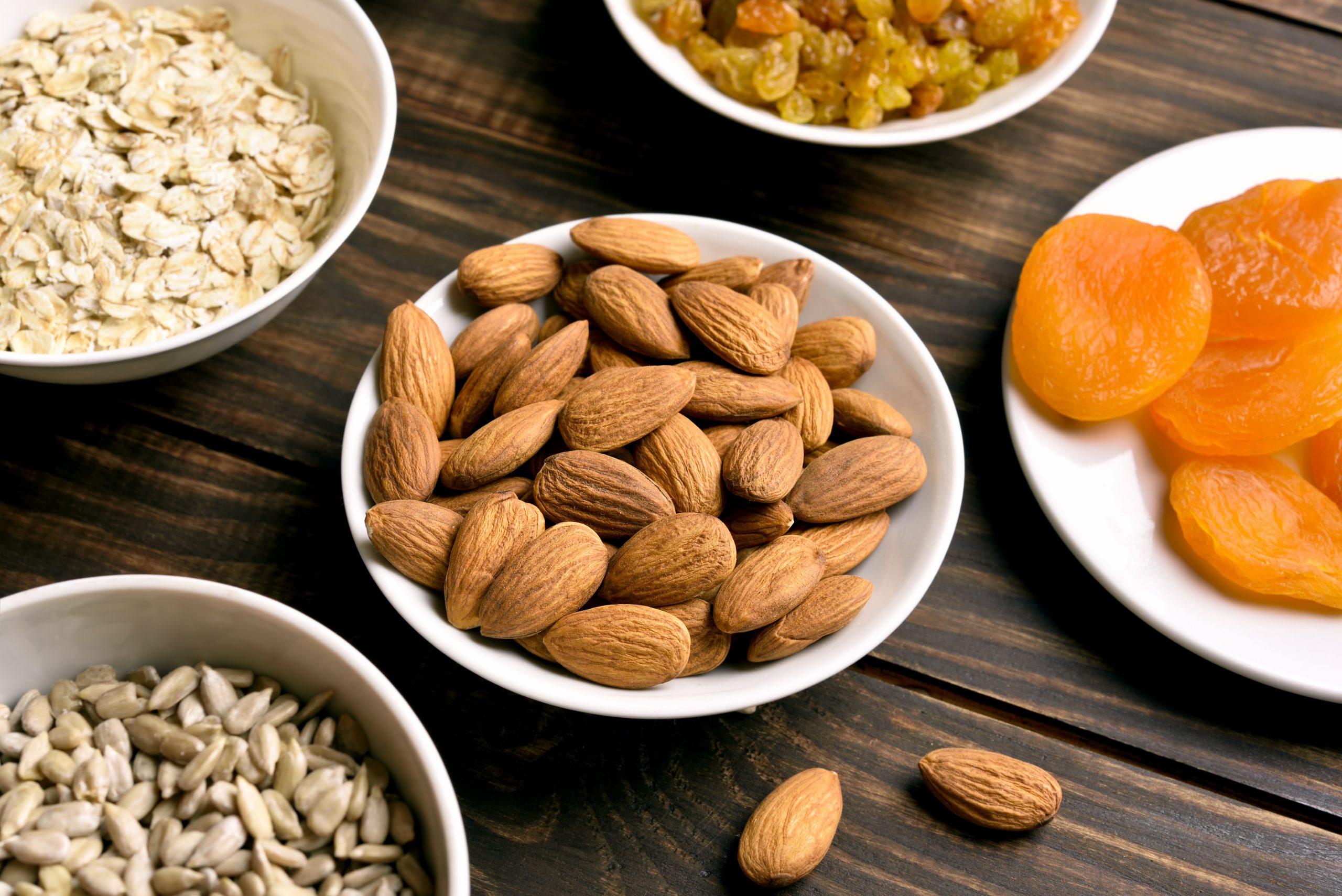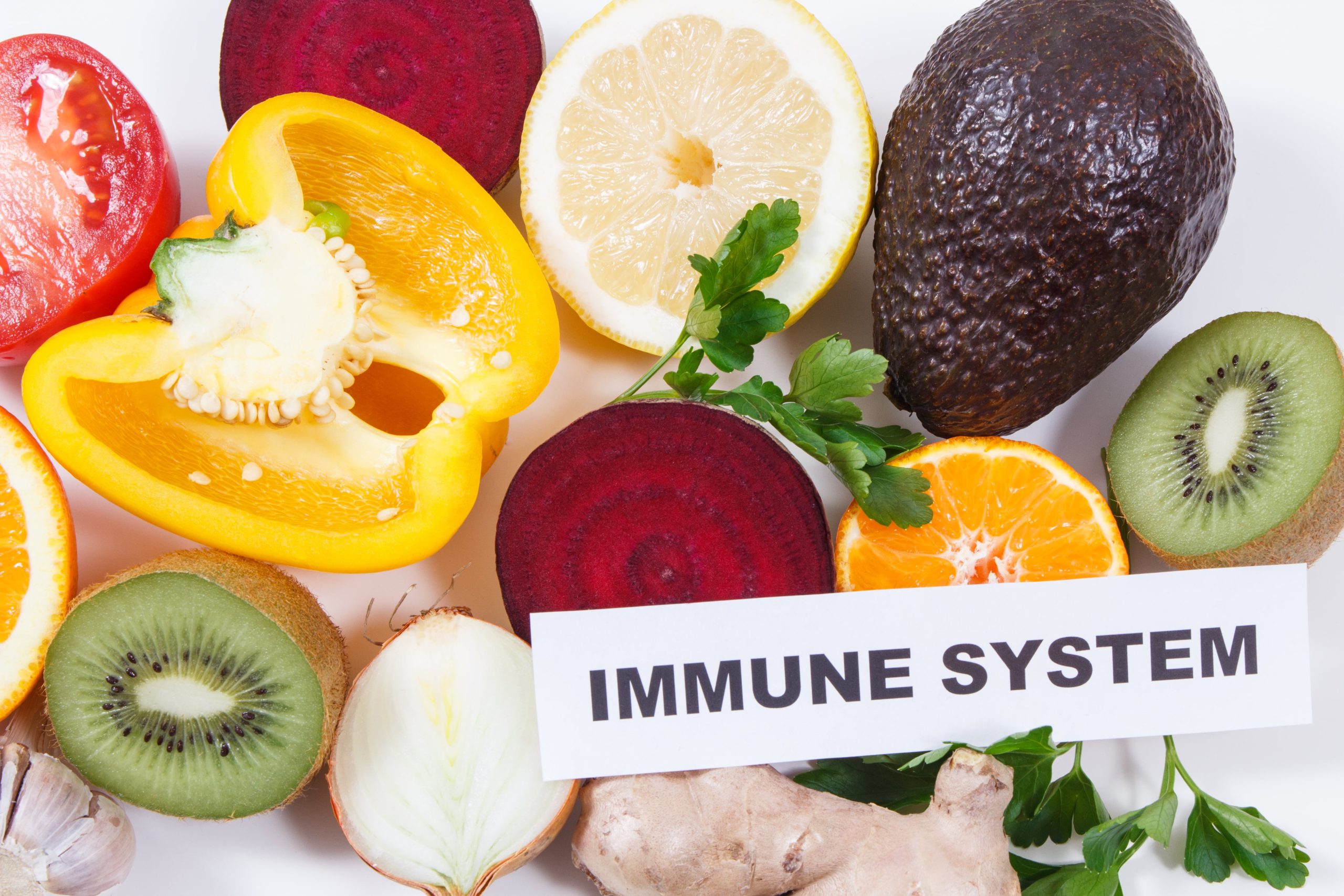Do you want to know the truth about fad diets? Everyone has heard of them, but do they really work? Fad diets have been around for decades, promising quick weight loss and a healthier lifestyle. This article aims to objectively examine fad diets and determine their validity. We will analyze their purported health advantages and lasting effects, as well as weigh their advantages and disadvantages. So let’s dive into the truth about fad diets and discover if they’re worth your time and money.
Overview of Fad Diets
Fad diets are diet plans that are currently popular and claim to offer quick weight loss and improved health. These diets vary from low-carb to high-protein and usually involve calorie restriction or other dietary modifications. While some of these diets offer potential health benefits, they can also be dangerous if followed improperly. It’s important to be aware of the risks associated with fad diets, as well as the potential lack of scientific evidence supporting long-term success.
Before starting a new diet, it’s best to consult with a healthcare professional for advice on which plan is right for you. With that said, there are some positive features associated with fad diets. For example, many include an increased intake of lean proteins and essential nutrients that can help support overall health. Additionally, some studies have indicated that calorie-restricted diets may have anti-aging benefits or improve heart health. Ultimately, it’s up to each individual to decide if a particular fad diet is suitable for them – but make sure you do your research first!
Common Misconceptions about Fad Diets
Fad diets are often thought to be the key to rapid and successful weight loss, but this is not always the case. While it is true that some fad diets can help you lose weight quickly, these results are usually short-lived and often accompanied by unpleasant side effects. Additionally, many fad diets lack scientific evidence for long-term success or safety. For example, some popular diets require extreme calorie restriction or changes to macronutrient ratios which may lead to nutrient deficiencies. Furthermore, studies have shown that most people who go on a diet gain back the lost weight within a year or two of starting the diet – regardless of whether it was a “fad” diet or not.
Ultimately, fad diets should be approached with caution and skepticism as they are often unsustainable in the long-term. Instead of relying on drastic measures like extreme calorie restriction or eliminating entire food groups from your diet, focus on creating healthy habits that you can maintain over time such as eating unprocessed foods and consuming a wide range of nutritious fruits and vegetables. If you need help achieving your health goals, talk to your doctor about creating an individualized plan that fits your lifestyle and dietary needs.
Health Benefits of a Healthy Diet
Adopting a healthy diet is one of the best ways to improve your overall health and wellbeing. Eating a balanced diet, rich in essential nutrients, lean proteins, and fiber, can help you maintain a healthy weight and reduce your risk of developing chronic diseases such as heart disease, stroke, diabetes, and cancer. Eating foods with high amounts of vitamins and minerals also helps keep your body functioning properly and may even promote anti-aging benefits.
Furthermore, research from clinical trials suggests that people who eat healthy diets tend to have lower blood pressure levels than those who don’t follow healthy eating patterns. Finally, following a healthy diet can also help you achieve long-term weight loss without having to resort to extreme fad diets or calorie restriction. All in all, there are numerous health benefits associated with adopting a balanced diet – so make sure you’re getting enough of the essential nutrients your body needs for optimum health!
Long-Term Weight Loss
Long-term weight loss is possible with a healthy, balanced diet. The key to successful weight loss is creating a caloric deficit – that is, eating fewer calories than your body burns each day. This can be done by reducing portion sizes and limiting calorie-dense foods such as processed snacks and sugary beverages. Additionally, eating nutrient-rich foods like fruits, vegetables, whole grains, lean proteins and low-fat dairy can help you feel fuller for longer while also providing essential vitamins and minerals. Exercising regularly can also help burn extra calories and boost metabolism. When combined with healthy eating habits, this can help increase your chances of achieving lasting results. Lastly, don’t forget to stay hydrated throughout the day to maintain proper hydration levels! With these tips in mind, you’ll be sure to achieve long-term weight loss success!
Reduced Risk of Heart Disease
Eating a healthy diet and exercising regularly are two important steps you can take to reduce your risk of heart disease. Eating a wide range of fruits, vegetables, whole grains, lean proteins and low-fat dairy can provide essential nutrients like fiber, vitamins and minerals. These foods also help support healthy blood pressure levels and cholesterol levels, which can help lower the risk of cardiovascular disease. Additionally, reducing your intake of processed foods and sugary beverages can further reduce your risk of developing heart disease.
Exercise is another crucial component for lowering the risk of heart disease – 30 minutes of moderate physical activity most days of the week is recommended for optimal health benefits. Along with regular physical activity, be sure to get plenty of rest as fatigue can contribute to an increased risk for heart disease. Taking these simple steps can go a long way in helping you live a healthier life while reducing your chances of developing this serious condition!
Prevention of Chronic Diseases
Preventing chronic diseases is something we all should strive for, and it doesn’t have to be an overwhelming task. Eating a balanced diet is the key to good health and can help prevent many chronic diseases. To begin, focus on increasing your intake of fruits, vegetables, whole grains, low-fat dairy products and lean proteins. Eating a balanced diet means avoiding processed foods and sugary beverages as much as possible.
Additionally, make sure you’re getting enough physical activity throughout the week – 30 minutes of moderate exercise most days is recommended for optimal health benefits. Getting enough rest is also important in preventing chronic diseases – be sure to get 7-9 hours of sleep every night! Finally, don’t forget to monitor your health with regular checkups with your doctor or healthcare provider so any issues can be addressed right away. Taking these simple steps can help you live healthier and reduce your risk of developing chronic diseases!
Improved Blood Pressure and Cholesterol Levels
We all know that keeping our blood pressure and cholesterol levels in check is important for our overall health, but did you know that following a healthy diet can help? Eating a balanced diet with plenty of fruits, vegetables, whole grains, lean proteins, and low-fat dairy products can lower your cholesterol levels and reduce your risk of developing cardiovascular disease. Additionally, limiting added sugars and processed foods can also help to keep your blood pressure and cholesterol levels in check.
Incorporating physical activity into your daily routine is also beneficial – aim for 30 minutes most days to reap the maximum benefits. Finally, don’t forget to monitor your progress regularly by visiting your doctor or healthcare provider for regular checkups. With some simple lifestyle changes, you can improve both your blood pressure and cholesterol levels!
Understanding the Pros and Cons of Fad Diets
Fad diets are popular for a reason – they promise quick, effortless weight loss. Although these diets may be tempting, it’s important to understand the pros and cons before diving in.
The biggest pro of fad diets is that they can help you lose weight quickly. Since these diets often involve drastic changes to your eating habits and calorie intake, it’s not unusual to see results within a few weeks or even days. Additionally, many fad diets encourage eating nutrient-dense foods like fresh fruits and vegetables, which can provide essential vitamins and minerals needed for overall health.
However, there are also some serious drawbacks to fad diets. Rapid weight loss can come with its own set of problems such as fatigue and dehydration. Furthermore, most fad diets are not backed by scientific evidence or clinical trials, so their long-term effects on your health are still unknown. As such, it’s important to speak with your healthcare provider before starting any new diet plan.
Ultimately, while there may be some short-term benefits associated with fad diets, it’s important to remember that sustainable weight loss requires more than just following a popular trend – healthy lifestyle changes including regular exercise and balanced nutrition should always be at the forefront of any successful weight loss plan.
Short-Term vs. Long-Term Results
When it comes to dieting, the short-term results may be attractive, but long-term success is key. Short-term results might include rapid weight loss or an increase in energy levels, but these benefits are often temporary and can quickly be reversed. On the other hand, long-term results come from sustainable lifestyle changes such as eating a balanced diet that includes lean proteins and unprocessed foods; getting regular exercise; and avoiding diets with extreme calorie restriction.
Additionally, the long-term effects of fad diets can be serious. Studies have linked popular diets with an increased risk for chronic diseases such as heart disease, diabetes, and even cancer. Such diets can also lead to weight gain if not monitored properly over time.
Ultimately, when it comes to dieting, it’s important to understand that there is no easy fix. Instead of following popular trends or relying on diet gurus for advice, focus on developing healthy habits that will provide lasting benefits – like managing your protein intake and reducing added sugar – that will serve you well in the future. With a combination of proper nutrition and physical activity, you’ll be able to achieve your fitness goals safely while also laying the foundation for a healthier lifestyle overall.
Side Effects and Risks Associated with Rapid Weight Loss
Rapid weight loss is a common goal of many dieters, but it can also be dangerous. While it may seem like the fastest way to shed pounds, rapid weight loss can have serious side effects and risks associated with it.
It’s important to note that when you lose weight too quickly your body doesn’t have time to adjust, which can lead to dehydration, electrolyte imbalances and even nutrient deficiencies. Additionally, extreme calorie restriction can cause headaches, fatigue, dizziness and other negative symptoms. Not only that but rapid weight loss may also lead to an increased risk of developing gallstones or other digestive problems.
For those looking for long-term success, slow and steady wins the race! It takes time for your body to adjust and get used to any changes in diet or activity level. A healthy approach includes making small adjustments over time while still maintaining a balanced diet rich in essential nutrients. This way you’ll be able to achieve your desired results without sacrificing your health along the way!

Conclusion
In conclusion, fad diets can provide some short-term results, but these are often not sustainable in the long run. Furthermore, rapid weight loss can come with its own set of risks and side effects. For a healthier approach to weight loss, focus on making healthy lifestyle changes such as eating a balanced diet and getting regular exercise. This way you’ll be able to achieve your desired results while protecting your health in the process.











